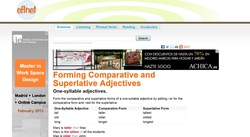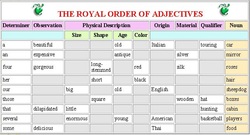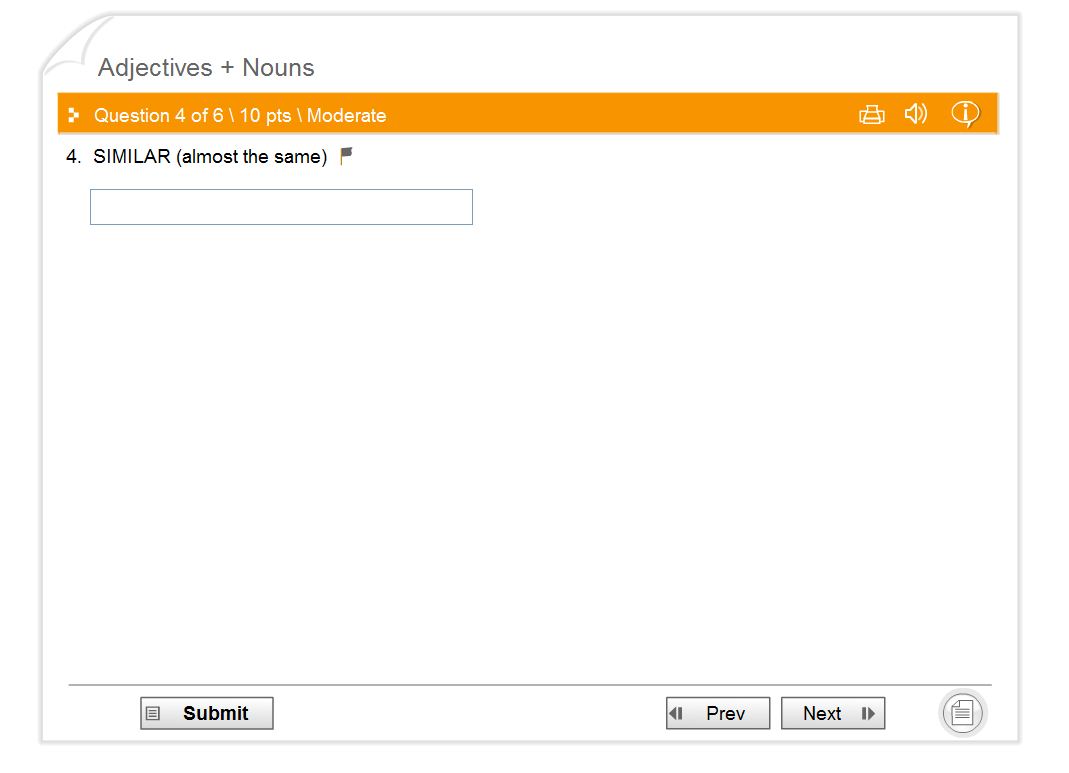TIP! You will find the files of this section on Intermediate Downloads/ Vocabulary
INTERMEDIATE GRAMMAR USES
COMMON MISTAKES AT THIS LEVEL
For a good summary of mistakes to avoid when writing in B1 level, please visit: https://cristinacabal.com/?p=7819
It includes some of the most common mistakes students at this level make (many mentioned in our classes) and some common spelling mistakes at this level.
It includes some of the most common mistakes students at this level make (many mentioned in our classes) and some common spelling mistakes at this level.
PRESENT CONTINUOUS FOR FUTURE ARRANGEMENTS
If you need to revise this topic and have a list of verbs used with arrangements, visit this website https://avi.cuaed.unam.mx/repositorio/moodle/pluginfile.php/3598/mod_resource/content/12/contenido/index.html
Action and non‐action verbs
To watch a video about this subject click here
Get a short explanation, a full list of stative verbs with examples, and a file with an exercise on stative verbs and the answers here
Get a short explanation, a full list of stative verbs with examples, and a file with an exercise on stative verbs and the answers here
Defining and non-defining relative clauses
Find activities on this grammar point on English Grammar Online or
|
E-GRAMMAR Relative Clauses
|
DIFFERENCE BETWEEN USED TO AND USUALLY
Watch this video to learn the difference between these two uses.
USED TO/ GET USED TO AND BE USED TO
Find an explanation on downloads but visit this website to practise https://learnenglish.britishcouncil.org/grammar/intermediate-to-upper-intermediate/used-to-infinitive-and-be-or-get-used-to-ing#:~:text=be%20used%20to%20and%20get,t%20get%20lost%20any%20more.
THIRD CONDITIONAL (ALMA)
How would the story have been different if something had changed?
Gerunds and infinitives
A nice explanation on gerunds and infinitives and online activities by Perfect English Grammar: https://www.perfect-english-grammar.com/gerunds-and-infinitives.html
Comparative and superlative ADJECTIVES

Read the explanation by EFL.net and do the activities to learn comparative and superlative adjectives.
Question tags
Read the rules (it includes question tags for the imperative and other tenses) and do some exercises about it. http://www.englishclub.com/grammar/verbs-questions-tag.htm
You can also download a pdf file to do an exercise and go to Upper-intermediate/Advanced/Downloads and get a pdf file called more about question tags with some rules. You will learn about question tags with imperatives, positive-positive questions tags, and other special cases.
More exercises below
http://www.better-english.com/grammar/questiontags.htm
You can also download a pdf file to do an exercise and go to Upper-intermediate/Advanced/Downloads and get a pdf file called more about question tags with some rules. You will learn about question tags with imperatives, positive-positive questions tags, and other special cases.
More exercises below
http://www.better-english.com/grammar/questiontags.htm
Infinitive of purpose
* "She went there for buying bread" is incorrect. . Learn about the use of "for" and "to" for purpose.
To talk about the purpose of something we use for+ing "This knife is for cutting bread". "For" is also used to explain the reason of actions. "He was fined for speeding on the motorway"
To talk about the purpose of an action. "She went there to buy bread".
Get a brief explanation here
Therefore there are two ways to answer "What.... for?" questions. Learn them here:
http://www.bbc.co.uk/worldservice/learningenglish/grammar/learnit/learnitv314.shtml
Another short explanation and a little exercise http://www.carmenlu.com/first/grammar/infinitive1a.htm
To talk about the purpose of something we use for+ing "This knife is for cutting bread". "For" is also used to explain the reason of actions. "He was fined for speeding on the motorway"
To talk about the purpose of an action. "She went there to buy bread".
Get a brief explanation here
Therefore there are two ways to answer "What.... for?" questions. Learn them here:
http://www.bbc.co.uk/worldservice/learningenglish/grammar/learnit/learnitv314.shtml
Another short explanation and a little exercise http://www.carmenlu.com/first/grammar/infinitive1a.htm
Exclamations with `what and how´
what a/an (+ adjective) + singular countable noun
What a pain!
What a lovely day!
how + adjective/adverb + subject + verb
How annoying!
How beautifully she dances!
To read a more accurate explanation go to
http://www.perfectyourenglish.com/grammar/exclamations.htm
What a lovely day!
how + adjective/adverb + subject + verb
How annoying!
How beautifully she dances!
To read a more accurate explanation go to
http://www.perfectyourenglish.com/grammar/exclamations.htm
Word formation: suffixes for adjectives and nouns
The Royal Order of Adjectives

To learn the right order of adjectives download the picture from http://grammar.ccc.commnet.edu/grammar/adjectives.htm or go to 4th year downloads
Reflexive /emphatic pronouns, by oneself and reciprocal pronouns
A good explanation about these similar but different expressions:
http://www.bbc.co.uk/worldservice/learningenglish/grammar/learnit/learnitv109.shtml
http://www.bbc.co.uk/worldservice/learningenglish/grammar/learnit/learnitv109.shtml
Please, consider reciprocal pronouns as well. Read the explanation and do the two exercises: http://learnenglish.britishcouncil.org/es/grammar-reference/reflexive-pronouns


